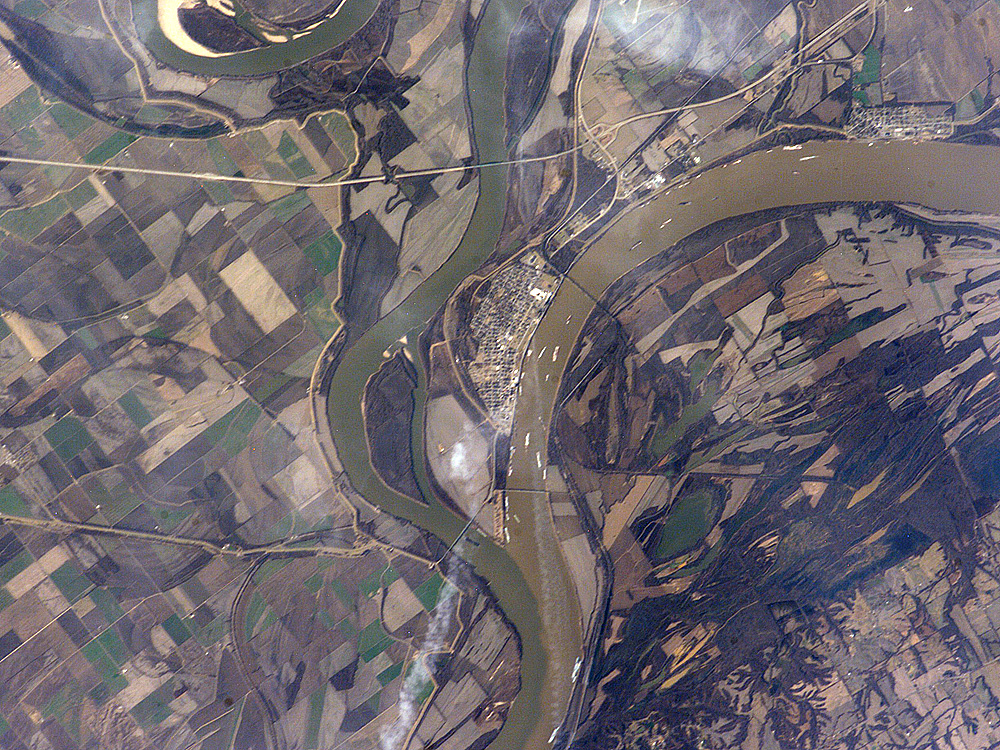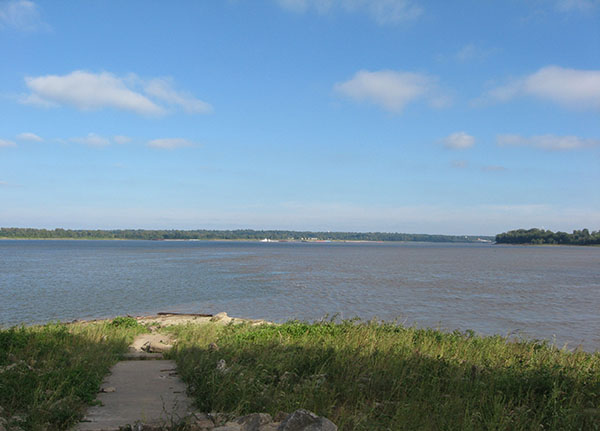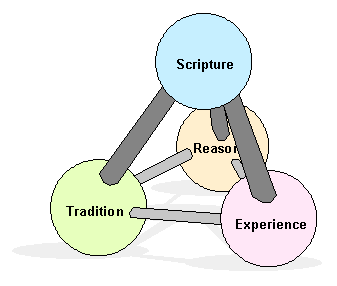This is my contribution to the 2024 Religion and Science weekend, sponsored by the Clergy Letter Project, and Boy Scout Sunday. It will also appear in the upcoming February issue of the Fishkill United Methodist Church newsletter.
——————————————————————————————–
I had no idea when I began my journey with Christ back in 1965 where it would lead or what I would do. It wasn’t until I drove across the plains of north Missouri back in the 1990s that I was reminded that I had entered a covenant with God and that I needed to fulfill my part of the covenant. I then began exploring ways to become a lay speaker/servant and ultimately a lay minister (A Reminder | Thoughts From The Heart On The Left (wordpress.com) – https://heartontheleft.wordpress.com/2018/02/09/a-reminder/).
Similarly, when I choose to become a chemistry major in 1966, I had no idea what I would do with the degree. To be honest, on the day I graduated from Truman State University, I thought that I would be going to graduate school at the University of Memphis. But I received a phone call from a local school district shortly after graduation and, a few hours later, sign a provisional contract to teach chemistry and physical science. This diversion from graduate school to teaching would provide the impetus for my later graduate studies and the completion of my doctoral studies at the University of Iowa.
In one of my classes at Iowa, we discussed the issues of creationism and intelligent design and the impact these issues would have on science education. This was not the first time I encountered these issues.
In 1980, the Missouri state legislature was preparing to pass a bill that would have told biology teachers how to teach biology, by including creationism in the discussion of evolution. I suppose I could have ignored this because I only taught chemistry, but one must be careful when individuals who do not have any knowledge of the processes of science (“The Processes of Science”) try to tell science teachers what to teach and how to teach it. I was prepared to resign if the law passed and was surprised to find that my department chairman, a devout Southern Baptist layman and biologist, was also going to resign (No one told me: Thoughts on the relationship of science and faith | Thoughts From The Heart On The Left (wordpress.com) – https://heartontheleft.wordpress.com/2021/07/23/no-one-told-me/).
I don’t believe that I have ever had a conflict with my faith and my science background. I accepted the idea that God created the earth and the heavens, but I never accepted the idea that it was done in six days. And the more I studied things, the more I began to see the hand of God present in creation.
And as my studies and work in the areas of faith and science began to converge (“The Confluence Between Religion and Science” | Thoughts From The Heart On The Left (wordpress.com) – https://heartontheleft.wordpress.com/2019/02/06/the-confluence-between-religion-and-science/) I began to discover two things.
First, those who argue for a science only or faith only approach to life do so only for their own power. Each group seeks to impose its view on the people as the only acceptable view.
The second thing I discovered was that many of the individuals that I studied in chemistry and physics were men of God as well as men of science (A Dialogue of Science and Faith | Thoughts From The Heart On The Left (wordpress.com) – https://heartontheleft.wordpress.com/2009/12/31/a-dialogue-of-science-and-faith/).
It is entirely possible that I could or would have come to Christ without having been a Boy Scout but that is clearly a question for another time and place. Besides finding a path to God through the God and Country award, I also began to develop an appreciation for the world around us. I cannot call myself an environmentalist but clearly, having seen the beauty of the Rocky Mountains when camping with my troop and seeing the physical wonders of this country and then seeing the awesome view of galaxies far away, I know that there is a Creator out there. And if there is not a Creator, then how was this all done? (“Removing the Veil” | Thoughts From The Heart On The Left (wordpress.com) – https://heartontheleft.wordpress.com/2013/02/11/removing-the-veil/)
I did not need to know that Boyle and Priestley were men of God to understand their work and what it meant to me as a chemist. But knowing that their work helped them better understand how God works is also true for me.
Can I use the skills that God gave me (allowing me to use other words from Genesis that state that you and I were created in His image) and begin to work out the mysteries of the universe, from the moment of the Big Bang to the present day and perhaps far into the future?
The author and activist Stephen Mattson wrote.
Some people mistakenly believe that trusting in God requires them to distrust science, history, art, philosophy, and other forms of education, information, and truth.
But intelligence is a friend of faith, and ignorance is its enemy. God loves knowledge and truth, and any faith that objects to either is terribly misguided.
Reverend Martin Luther King, Jr., wrote,
Science investigates; religion interprets. Science gives man knowledge that is power; religion gives man wisdom that is control. Science deals mainly with facts; religion deals mainly with values. The two are not rivals. They are complementary.
In a world that is fast dividing, it is the joint study of faith and science that will be one means of bringing people together. For as science brings us knowledge of the physical world, faith brings us an understanding of the spiritual world and together we can bring the world together.






 Figure 1 – Categories in the cognitive domain (Bloom’s Taxonomy) – Anderson & Krathwohl, 2001
Figure 1 – Categories in the cognitive domain (Bloom’s Taxonomy) – Anderson & Krathwohl, 2001